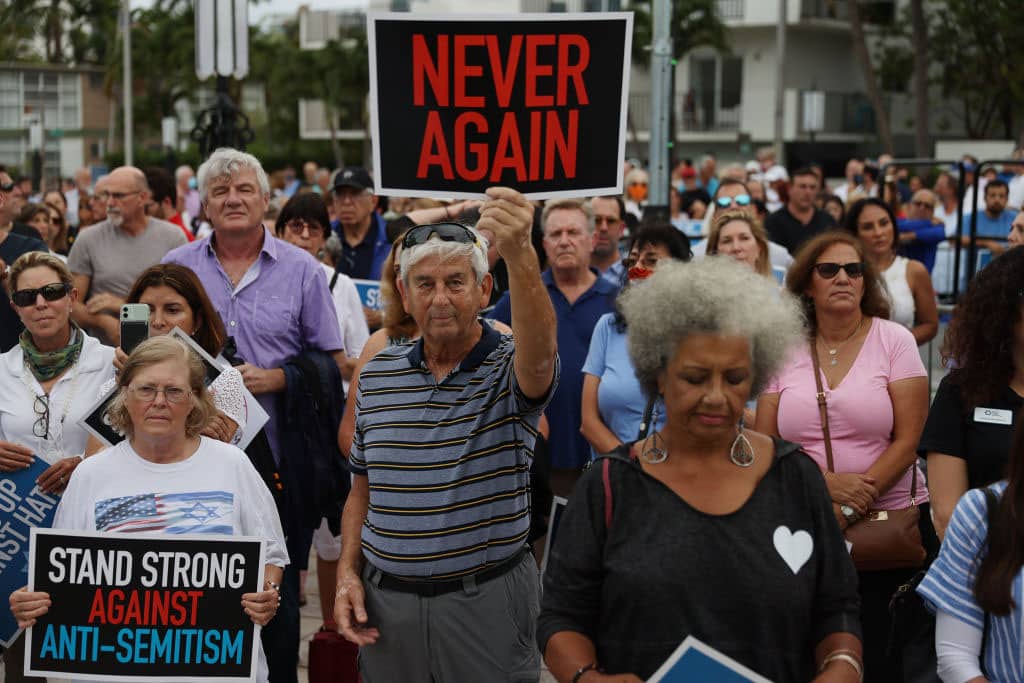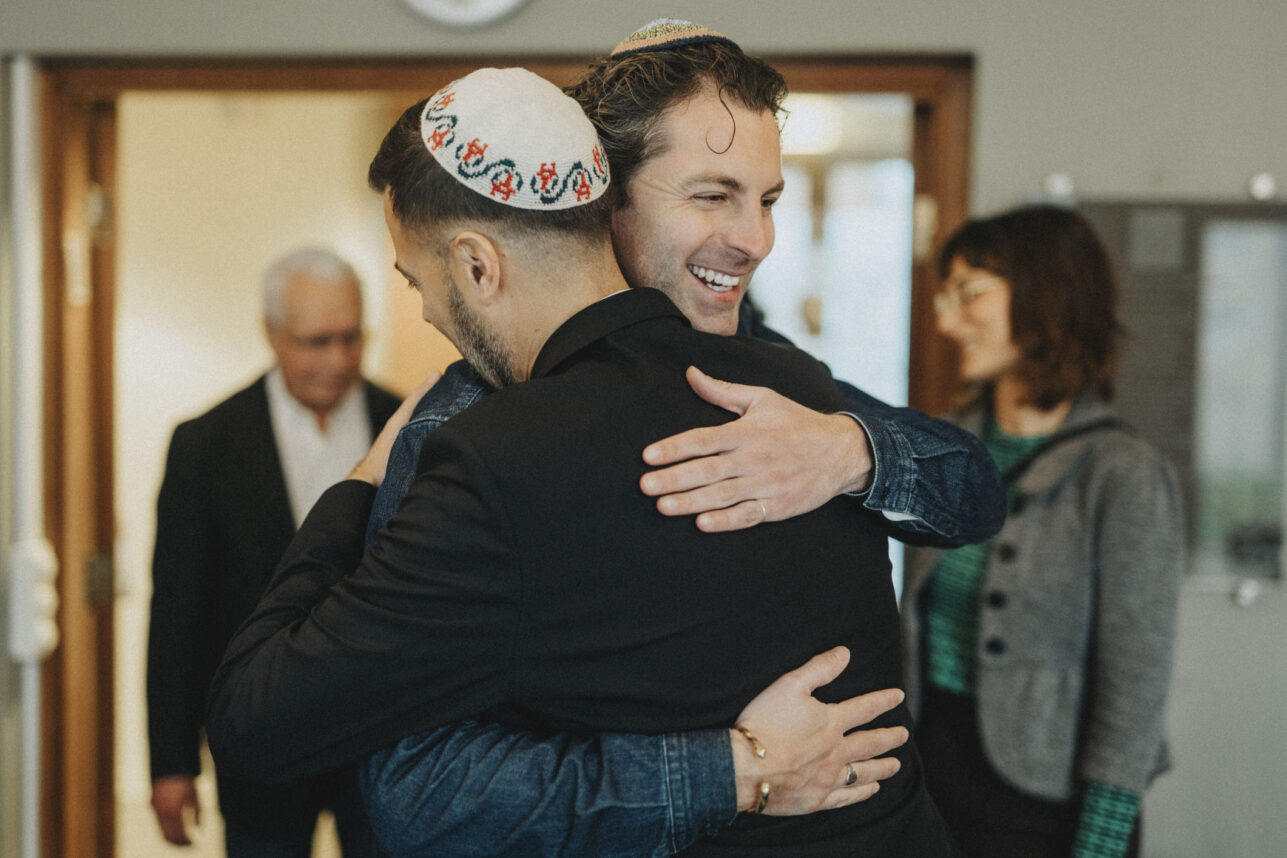Every year, Jewish listeners to my radio show write to me from around the country about their rabbi using the High Holy Days to deliver political sermons.
Invariably, there are two constants: The rabbi is non-Orthodox, and the sermons are left wing.
It should go without saying — but lest some readers misinterpret what I have written, I will make it clear — not all Reform, Conservative and Reconstructionist rabbis politicize their sermons. More than a few give inspiring, uplifting, challenging and Jewish High Holy Days sermons that steer clear of politics.
But those rabbis who do use Rosh Hashanah and Yom Kippur to offer their political views are doing their congregants and Judaism a real disservice.
Rabbis who have used the holiest days of the Jewish calendar to give a sermon on behalf of the Obama health-care bill or to excoriate the Christian right or to expound on any of the many other left-wing positions have cheated their congregants. The primary purpose of the High Holy Days is to have the Jew engage in moral and religious introspection: What kind of person have I been in the past, and what do I need to do in order to be a better person?
I am well aware that rabbis who spoke on the Democrats’ health-care bill, for example, will respond that that bill was an issue of social justice and tikkun olam, and, therefore, exactly what he/she should be talking about on Rosh Hashanah or Yom Kippur, because supporting liberal legislation is exactly what every Jew should do to be a better a person in the new year.
That response sounds compelling to liberal rabbis who offer it and to their liberal congregants. But even when meant sincerely, it is not an honest argument. It is a noble-sounding excuse to use the pulpit to advance one’s politics. One proof is that rabbis with conservative political views do not use Rosh Hashanah and Yom Kippur to advance conservative political positions. I wonder if there is one politically conservative rabbi in America who has delivered a Rosh Hashanah or Yom Kippur sermon opposing what is known as ObamaCare.
Now, why not? Those of us who oppose that bill do so with just as much moral concern — yes, moral concern — and just as much passion as those who are for it. So why haven’t rabbis with conservative political views (yes, they exist, though some are afraid to come out of the closet) used their High Holy Days pulpit to sermonize against the bill?
Because separation of pulpit and politics is a conservative value, not a liberal one. Therefore, rabbis with conservative political beliefs do not use their pulpit to advance their political agenda. And because no conservative believes that advancing the conservative political agenda makes you a good person. Like Judaism, we know that becoming a good person demands arduously working on one’s character, not having the right politics.
And what about the notion that “social justice” issues are, by definition, Jewish issues? This is believed by Jews on the left because “social justice” has become a euphemism for all liberal social and political positions. If you are for social justice, you are liberal; if you oppose liberals, you oppose social justice. Therefore, for liberal Jews and their rabbis, Judaism is identical to leftism. Proof? Ask a Jew on the left to name one political or social position in which Judaism and leftism oppose one another.
So why should left-wing rabbis bother talking about character when they could talk about health care or global warming or the Christian right? After all, they might offend some congregants if they talk about the congregants’ kids cheating on exams. But who in an overwhelmingly liberal congregation will be offended by a sermon on behalf of nationalizing health care or in favor of raising corporate taxes?
So, the left-wing rabbi has everything to gain from giving a sermon against the Tea Party, Glenn Beck or carbon emissions. For one thing, that takes no courage. For a liberal rabbi to espouse liberal politics from most non-Orthodox pulpits takes as much courage as it takes a conservative politician to espouse conservative politics at a Tea Party rally. And it’s a lot easier to talk politics than to talk Judaism and to use it to challenge the congregants to be more ethical human beings and more serious Jews, or to teach the congregants how to come closer to God in a secular society.
This year will be the fourth year in which I conduct High Holy Days services (pragerhighholidays.net), and from the beginning I have assured those who attend that I will never talk politics. Though I am as morally committed to conservative values as leftists are to leftist values, anyone who attends my services will be entering a politics-free zone. Jews would be much better off if all our synagogues had such a policy. If what you hear in shul is no different from what you hear on NPR or at a Democratic Party conference, why go to shul? Which is a major reason non-Orthodoxy is in decline: If Judaism and liberalism are identical, who needs Judaism?






















 More news and opinions than at a Shabbat dinner, right in your inbox.
More news and opinions than at a Shabbat dinner, right in your inbox.